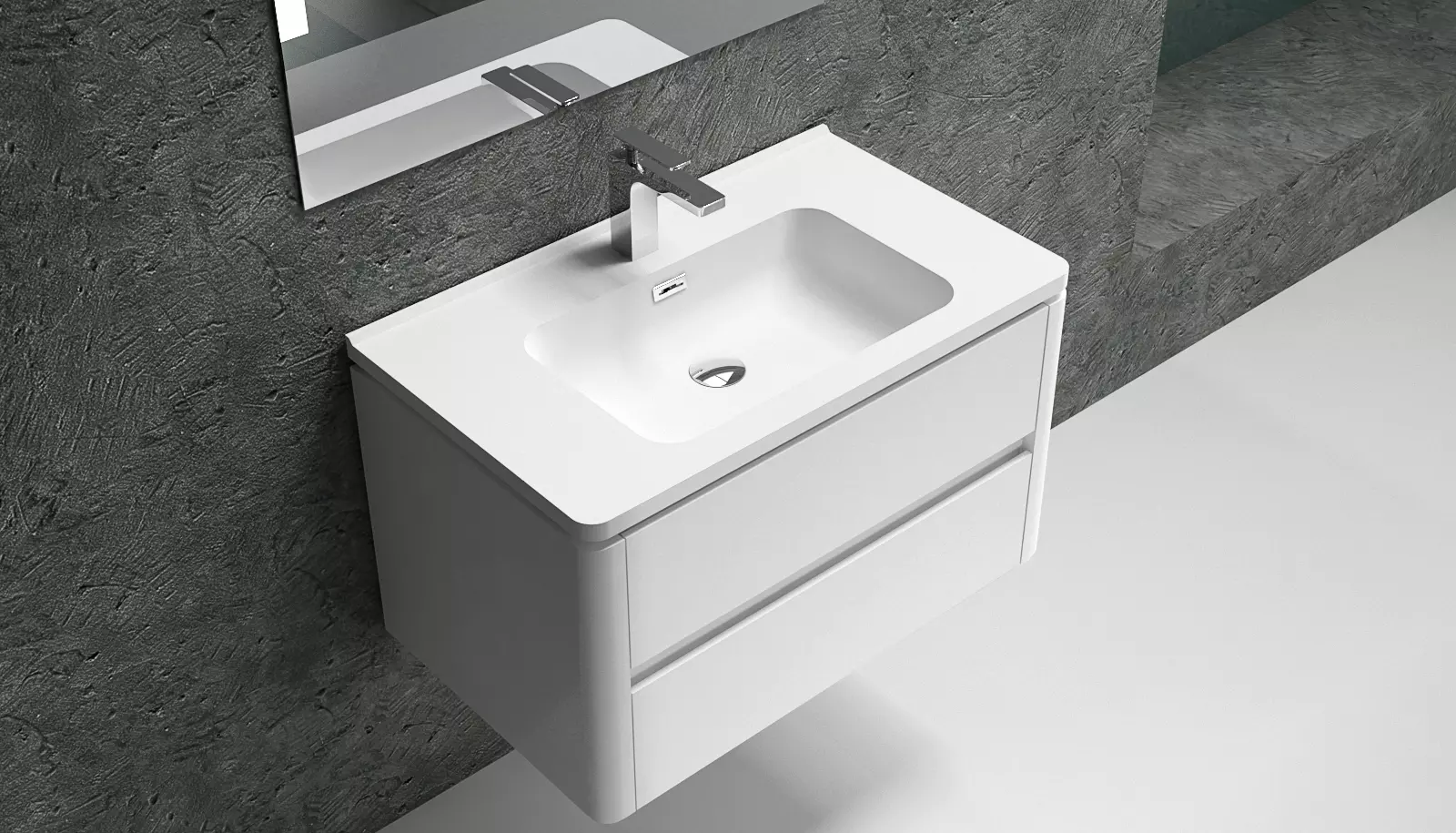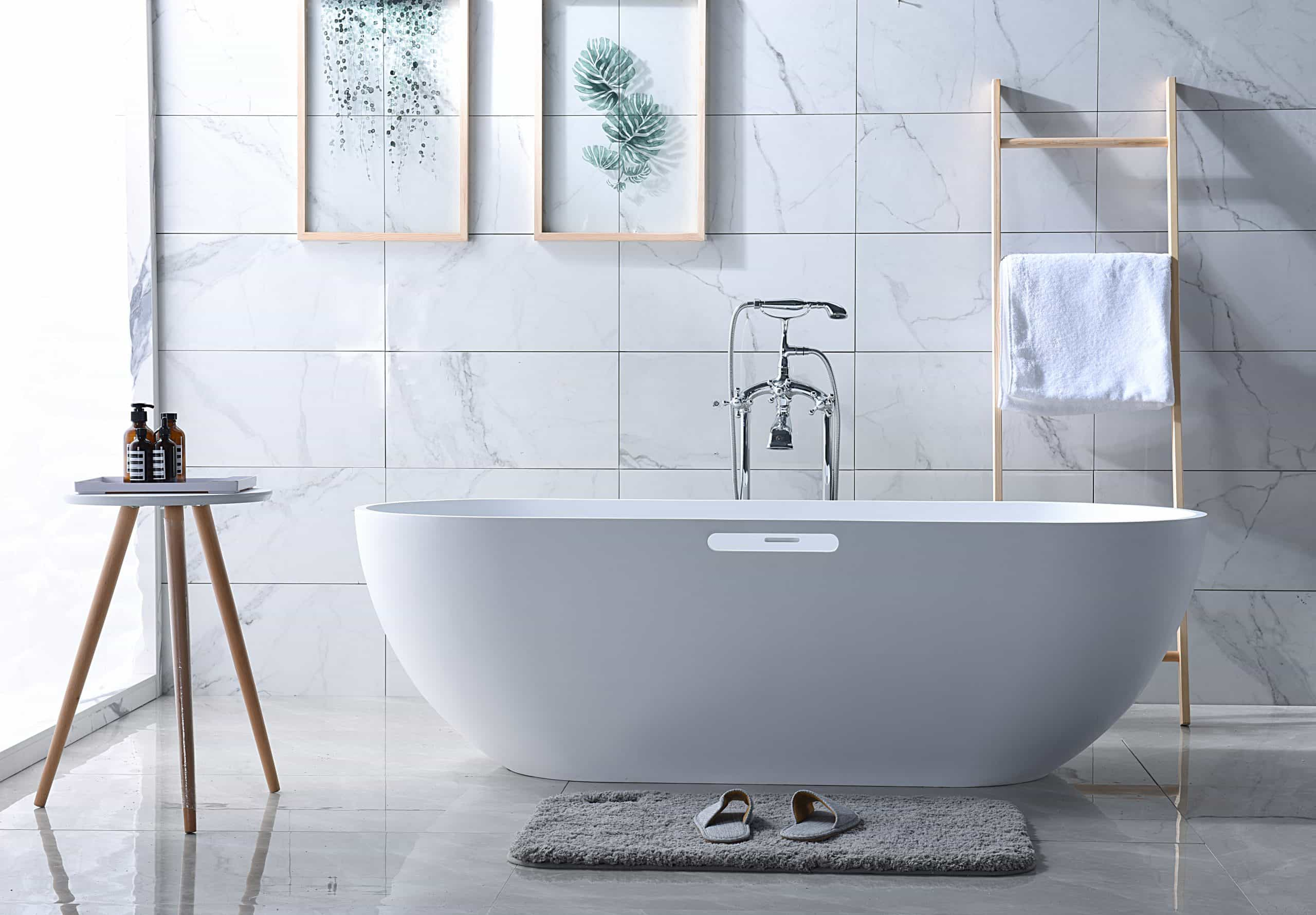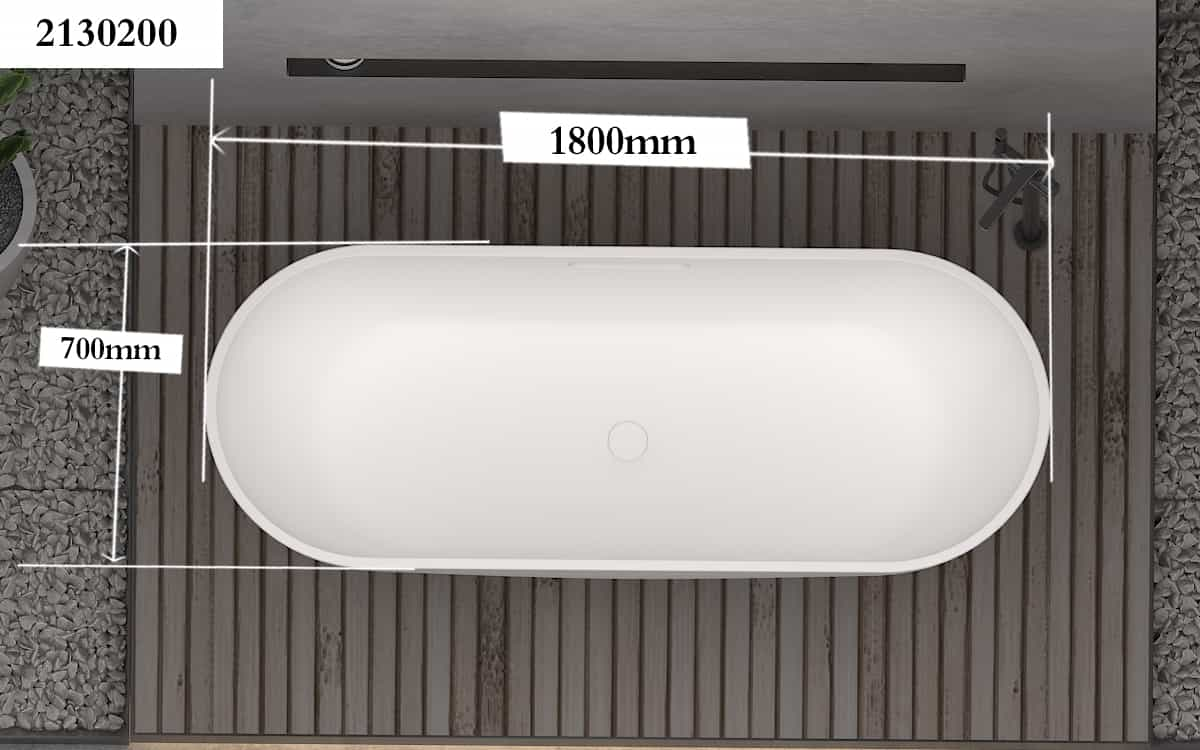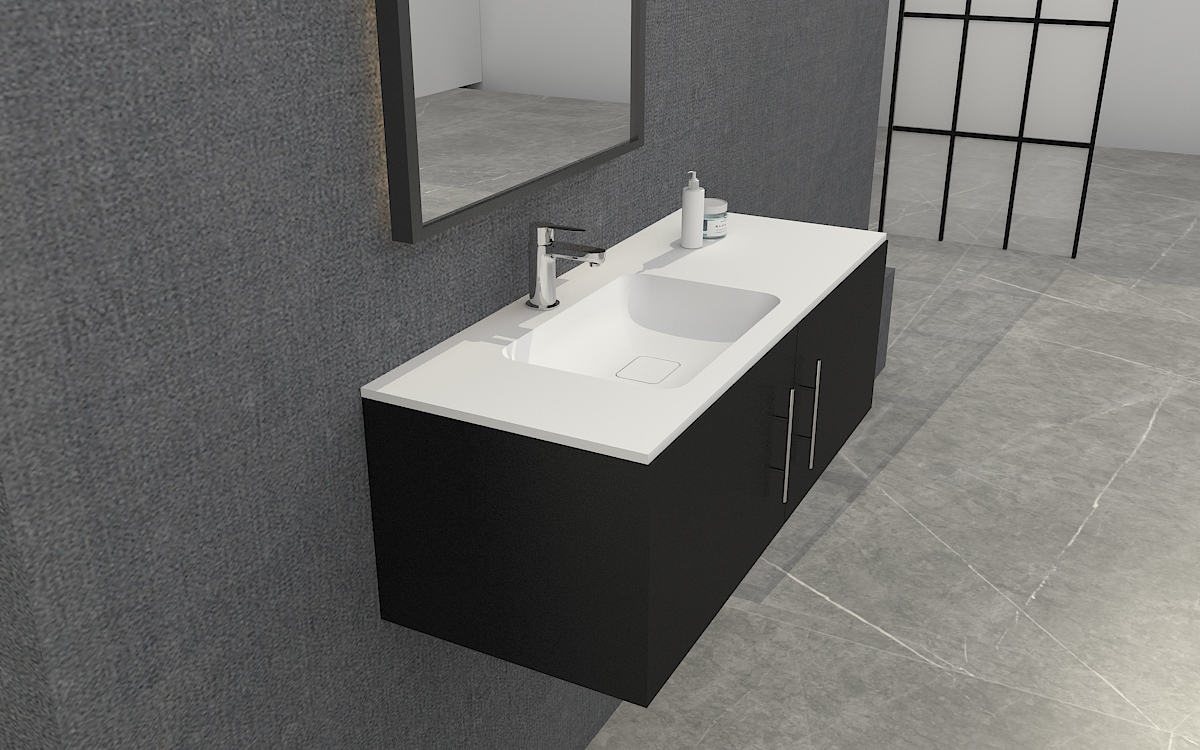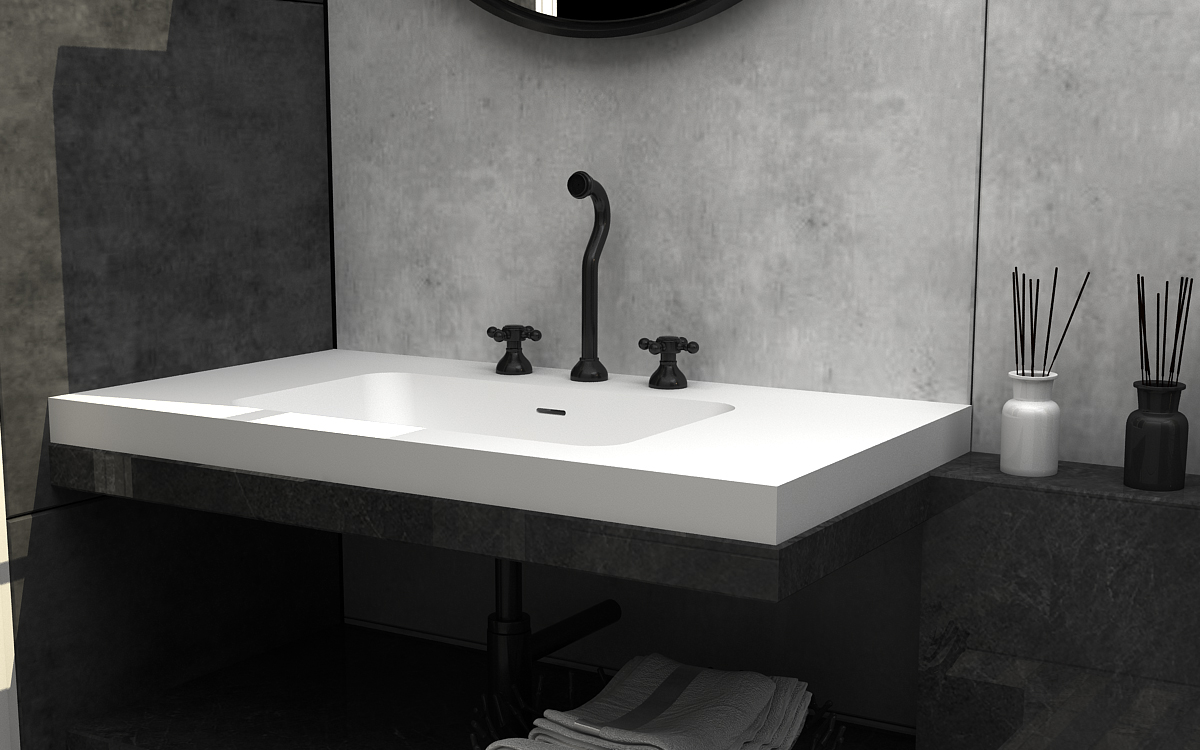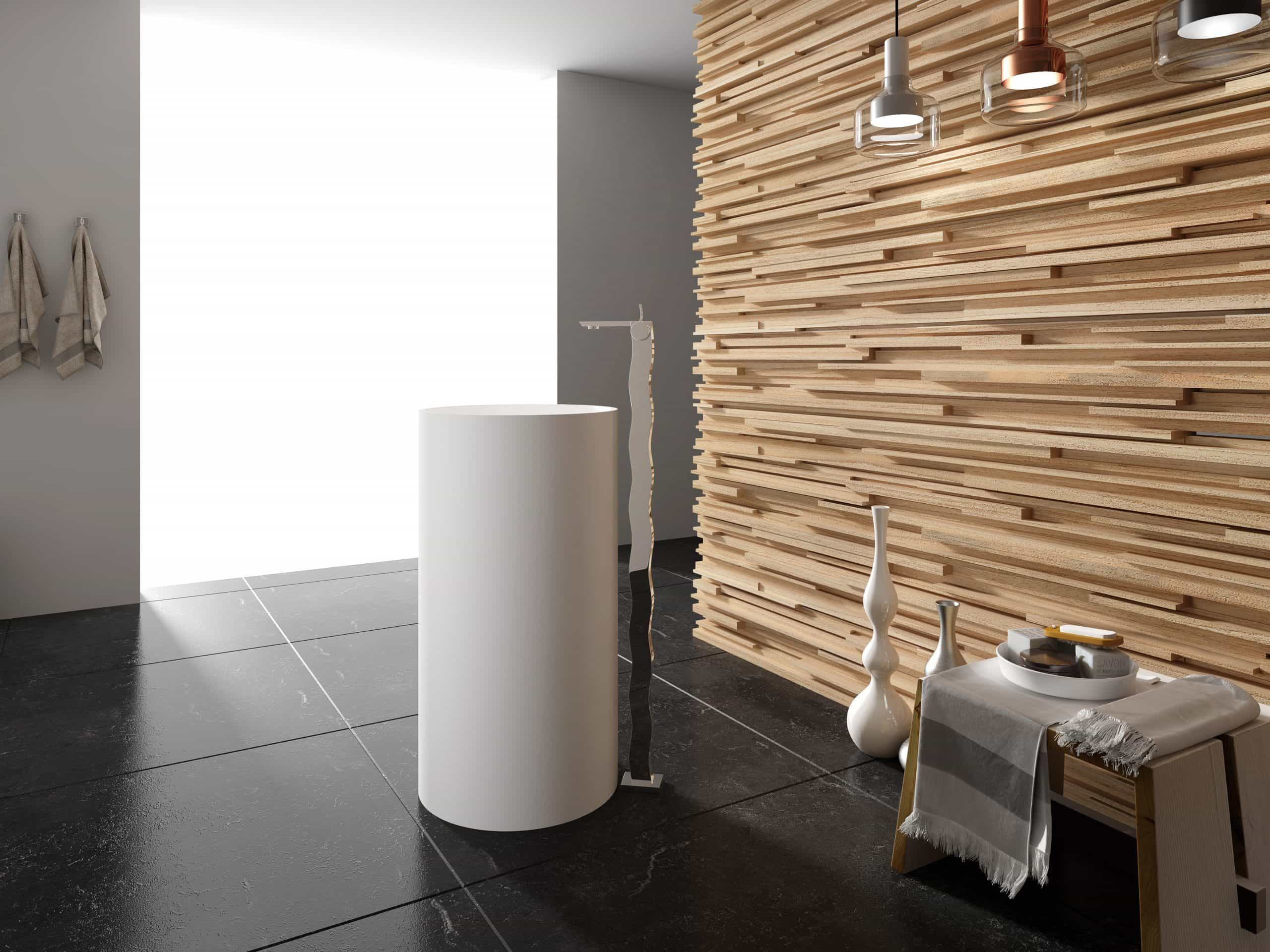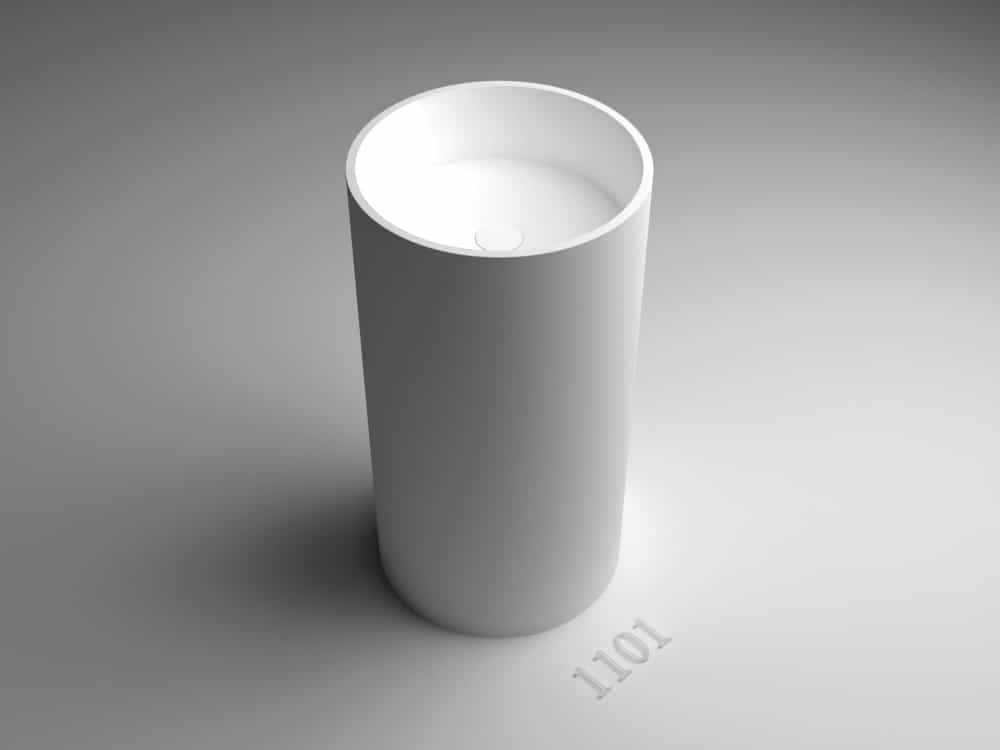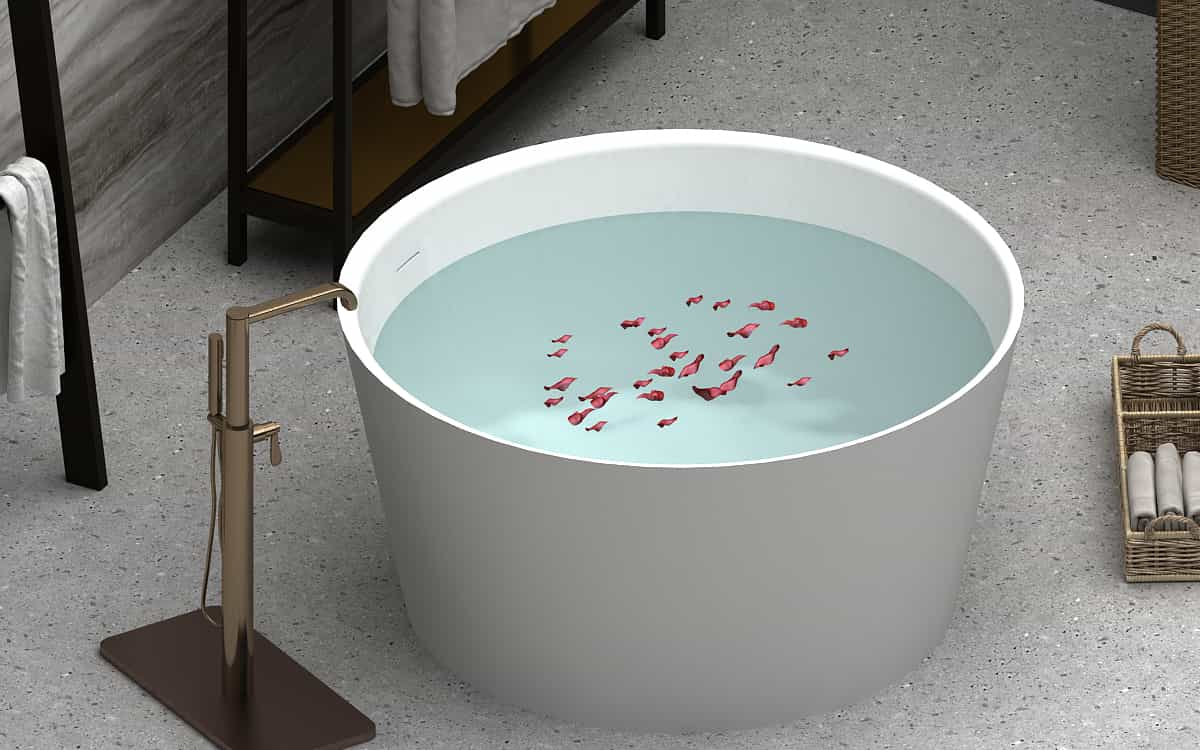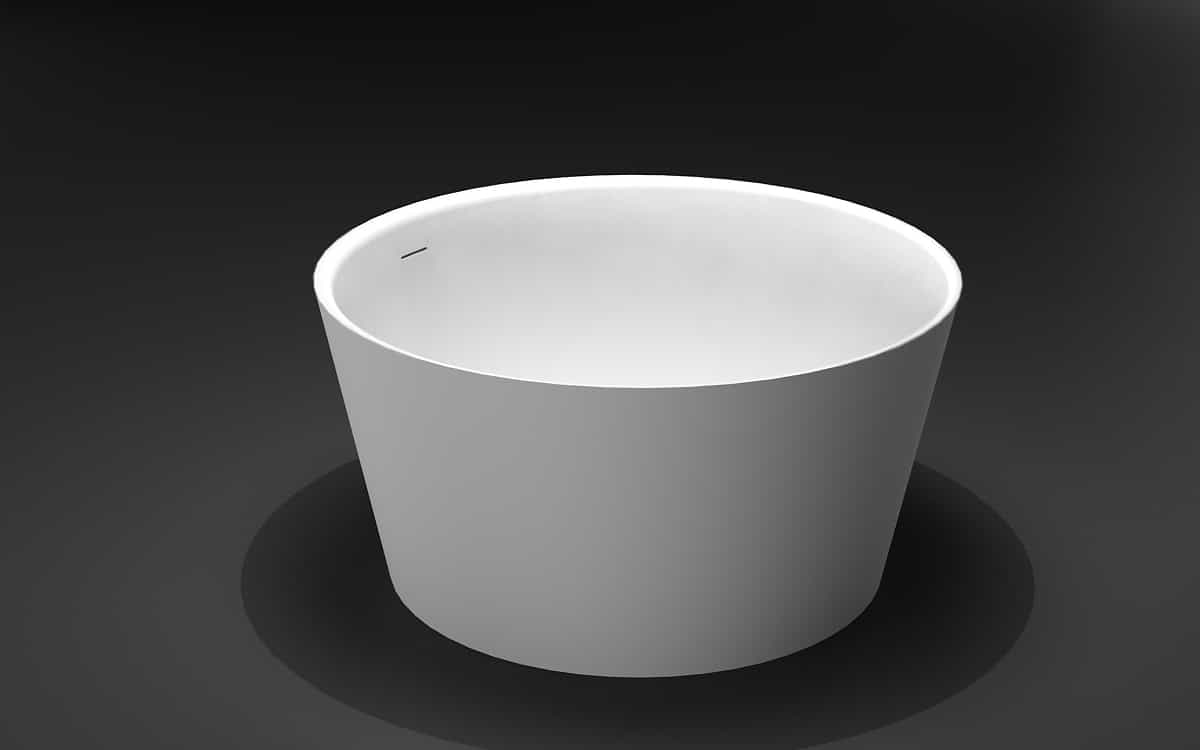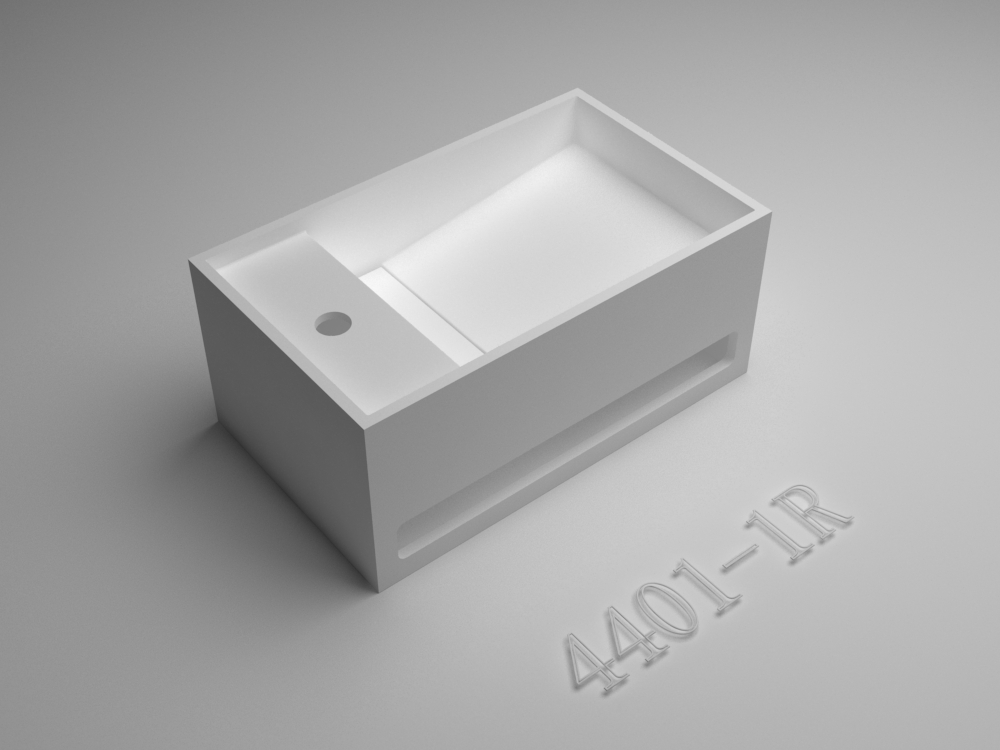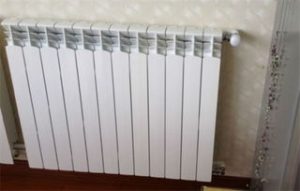
After a period of time, the heater may not flow inside the water, the heater temperature is not up, this time to see is not a gas plug. That is to say, there is air inside the heater, the need to bleed, we can open the exhaust valve to bleed. After the air is released, the water flow will be smooth, and the temperature will be high. So what happens if you don’t bleed the heater?
What will happen if the heater is not deflated?
If the heater is not deflated, one is that the heating will become less and less hot, and then it will affect the life of the heater.
If the air plug is at the end position or the highest position of the heater, it will not get better without air release. Because they are already in the highest position, the gas in this case is always present only in this area and will not be taken away with the circulation of hot water. In this case, the heater will not get hot without air release.
For some heaters at the initial end or in the low position, it is possible to become good without venting. This is because in the initial or lower position of the heater, as the hot water flows, these gases will slowly move to the higher places. So the end result is that the gas may slowly come to the end of the heater in the home, or to the highest set of heaters hanging in the home.
Will the heater explode if it is not deflated?
The heater will not explode in this case. If the radiator safety inspection is qualified, it is subject to pressure testing (test pressure is 1.5 times the working pressure). So regular heating products, there will be no leakage, bursting and other events. Home use of radiators usually pressure limit of 1.0-1.2Mpa (1Mpa ≈ 10kg/cm3), and home heating pressure of about 0.4Mpa. according to a number of destructive tests, high-pressure burst when the radiator is just cracked spray water, never found the phenomenon of radiator explosion. However, daily use should still be careful, it is best to bleed in time.
Whether the use of complex central heating or wall-mounted furnace heating, if there is air in the radiator, will affect the heating effect. Heating with wall-hung boilers, even if the radiators do not exhaust, the boiler will not explode. There is gas in the heating system, which will affect the flow of hot water, and the boiler may not work properly, which will naturally affect the heating effect. If there is only a small amount of gas in the system, it can be discharged through the exhaust valve when the boiler is running.
Where is the heater venting valve
The heater vent valve, also known as the heater run air. The vent valve has a vital role in the entire heater system. The vent valve is usually installed at the top of the heater and looks like a small screw.
During the operation of the heater system, gases are trapped inside the pipe. These gases are stored in the high points of the system. When these gases accumulate to a certain level, it will produce a “gas blockage” phenomenon, which will prevent the flow of water in the system pipes and cause the radiator not to heat or unevenly, so the exhaust valve is an indispensable part of the radiator heating system. After a period of time, the radiator may not flow inside the water flow, the radiator temperature can not go up, this time it is not a gas blockage. That is to say, there is air inside the heater, the need to bleed, we can open the exhaust valve to bleed. After the air is released, the water flow will be smooth, and the temperature will be high. So what happens if you don’t bleed the heater?
What will happen if the heater is not deflated?
If the heater is not deflated, one is that the heating will become less and less hot, and then it will affect the life of the heater.
If the air plug is at the end position or the highest position of the heater, it will not get better without air release. Because they are already in the highest position, the gas in this case is always present only in this area and will not be taken away with the circulation of hot water. In this case, the heater will not get hot without air release.
For some heaters at the initial end or in the low position, it is possible to become good without venting. This is because in the initial or lower position of the heater, as the hot water flows, these gases will slowly move to the higher places. So the end result is that the gas may slowly come to the end of the heater in the home, or to the highest set of heaters hanging in the home.
Will the heater explode if it is not deflated?
The heater will not explode in this case. If the radiator safety inspection is qualified, it is subject to pressure testing (test pressure is 1.5 times the working pressure). So regular heating products, there will be no leakage, bursting and other events. Home use of radiators usually pressure limit of 1.0-1.2Mpa (1Mpa ≈ 10kg/cm3), and home heating pressure of about 0.4Mpa. according to a number of destructive tests, high-pressure burst when the radiator is just cracked spray water, never found the phenomenon of radiator explosion. However, daily use should still be careful, it is best to bleed in time.
Whether the use of complex central heating or wall-mounted furnace heating, if there is air in the radiator, will affect the heating effect. Heating with wall-hung boilers, even if the radiators do not exhaust, the boiler will not explode. There is gas in the heating system, which will affect the flow of hot water, and the boiler may not work properly, which will naturally affect the heating effect. If there is only a small amount of gas in the system, it can be discharged through the exhaust valve when the boiler is running.
Where is the heater venting valve
The heater vent valve, also known as the heater run air. The vent valve has a vital role in the entire heater system. The vent valve is usually installed at the top of the heater and looks like a small screw.
During the operation of the heater system, gases are trapped inside the pipe. These gases are stored in the high points of the system. When these gases accumulate to a certain level, it will produce a “gas blockage” phenomenon, which will prevent the flow of water in the system pipes and cause the radiator not to heat or unevenly, so the exhaust valve is an indispensable part of the radiator heating system.





